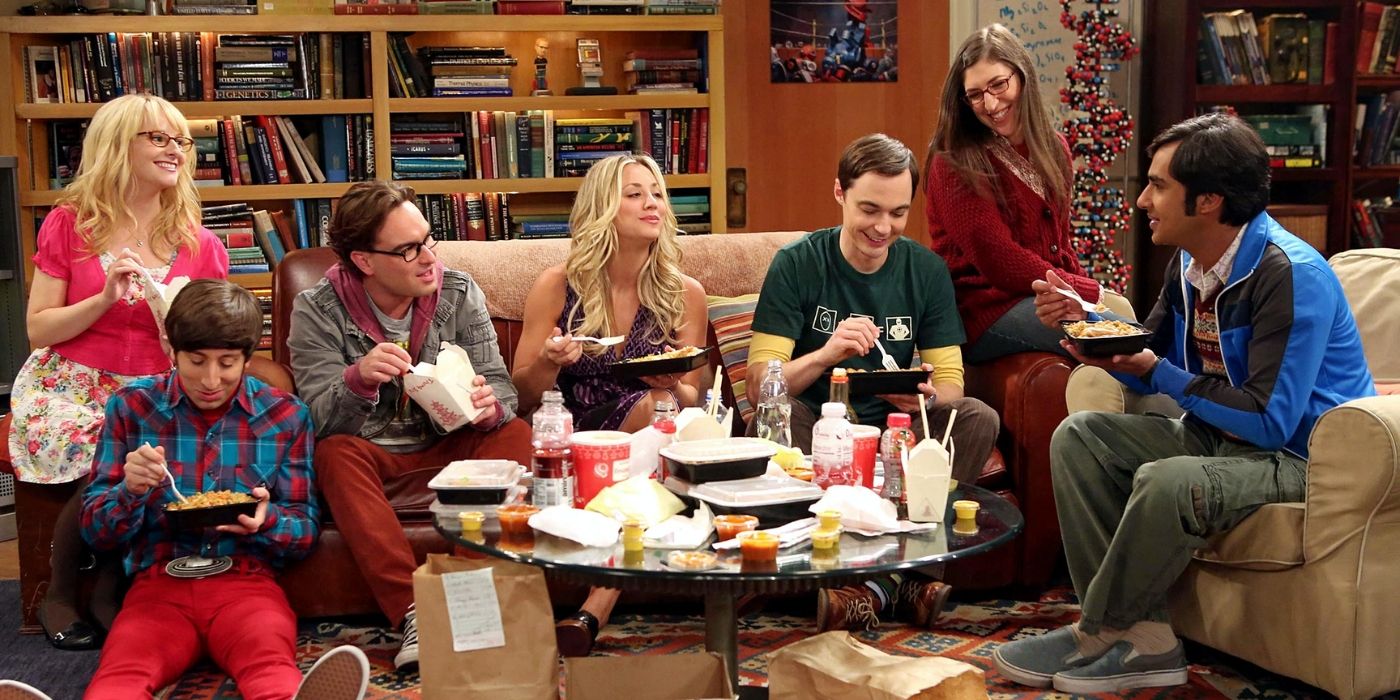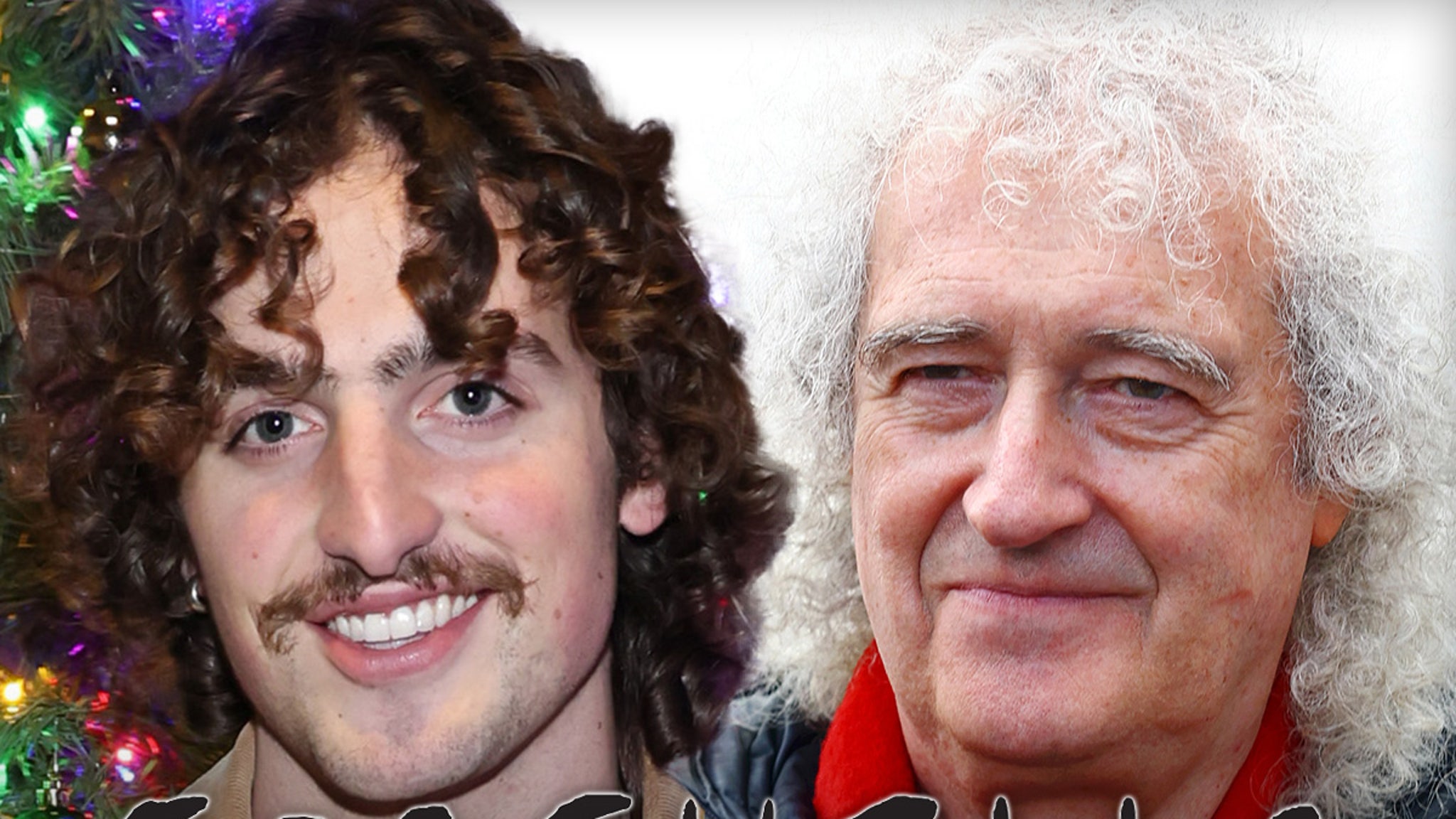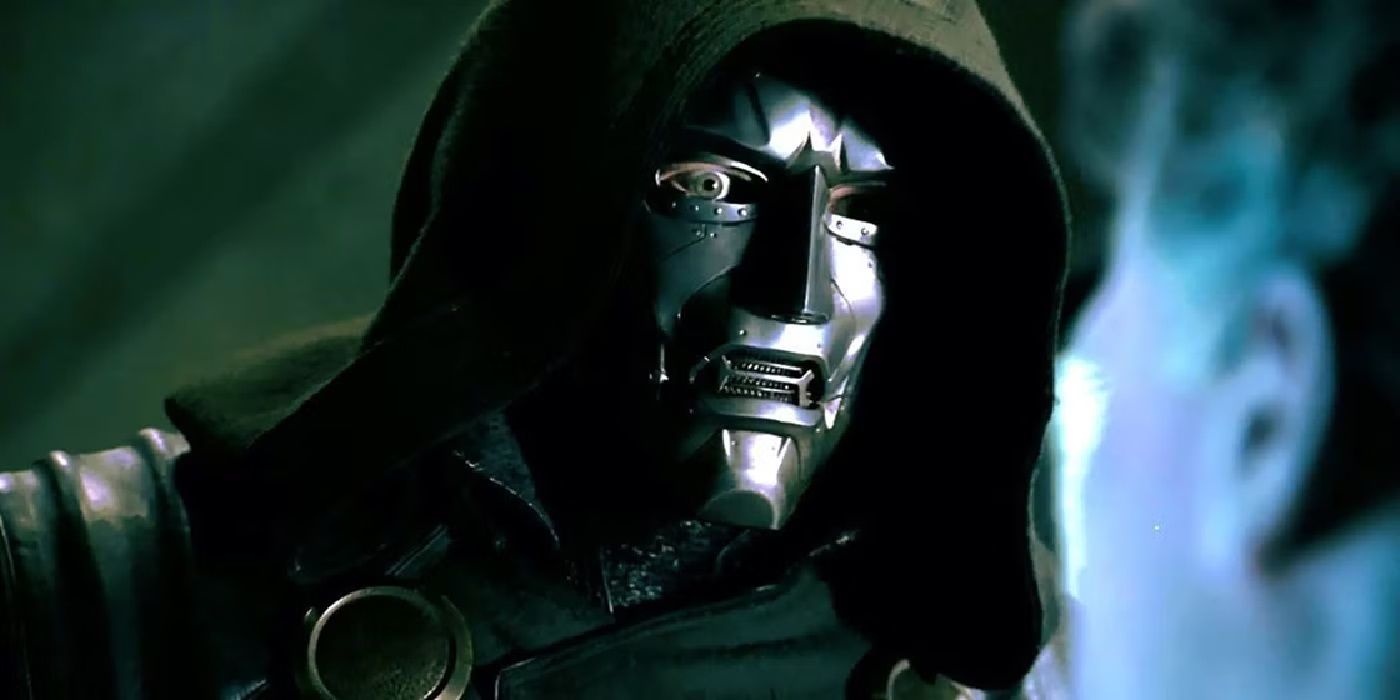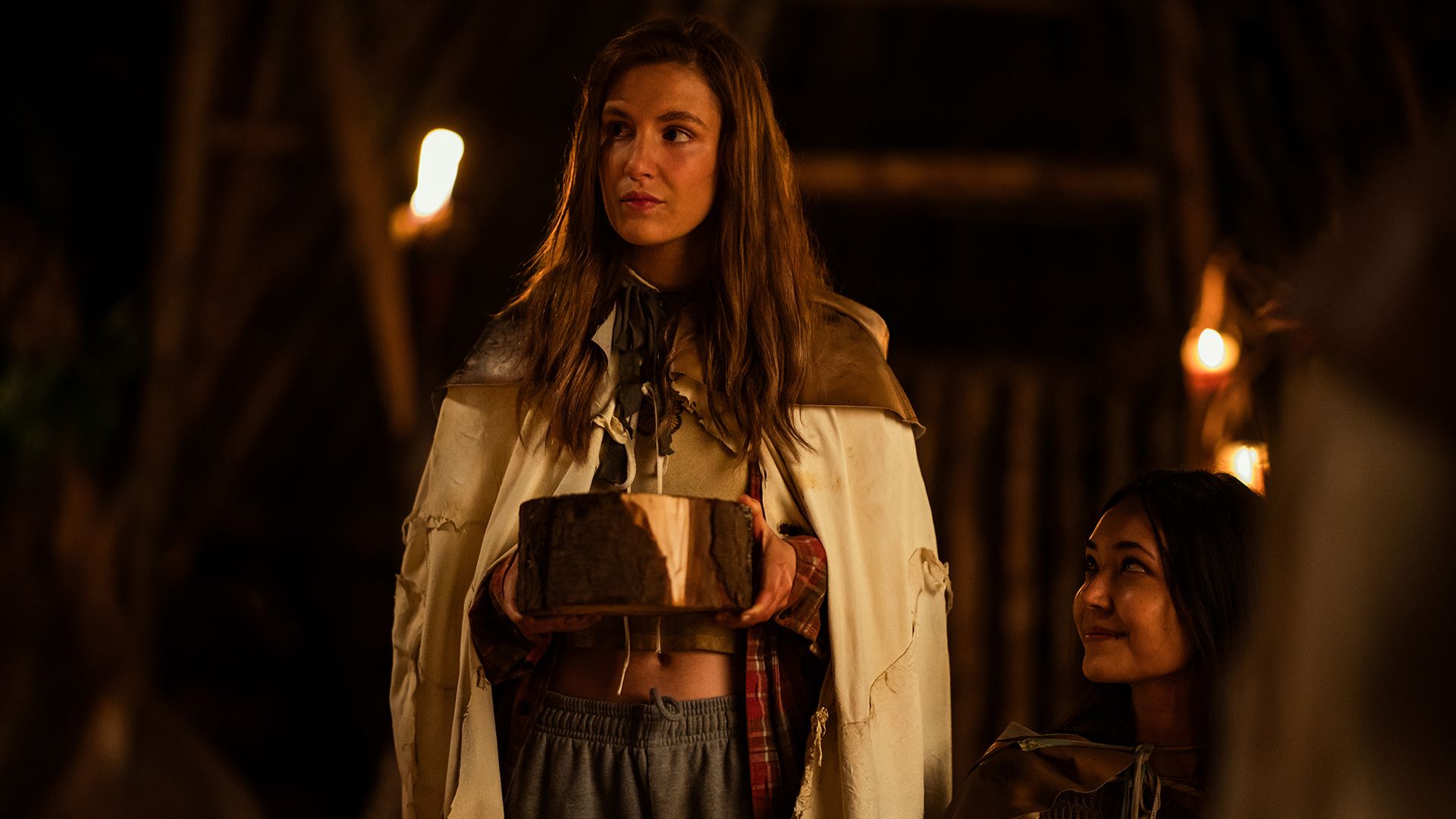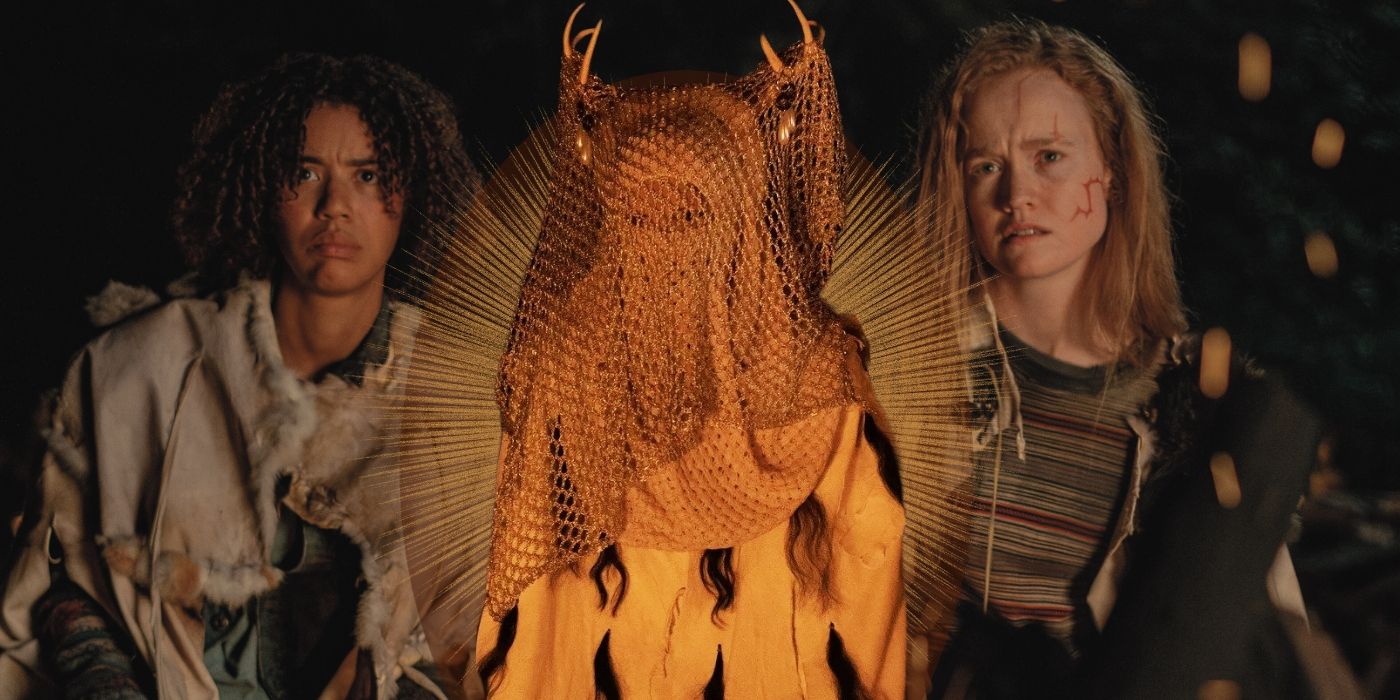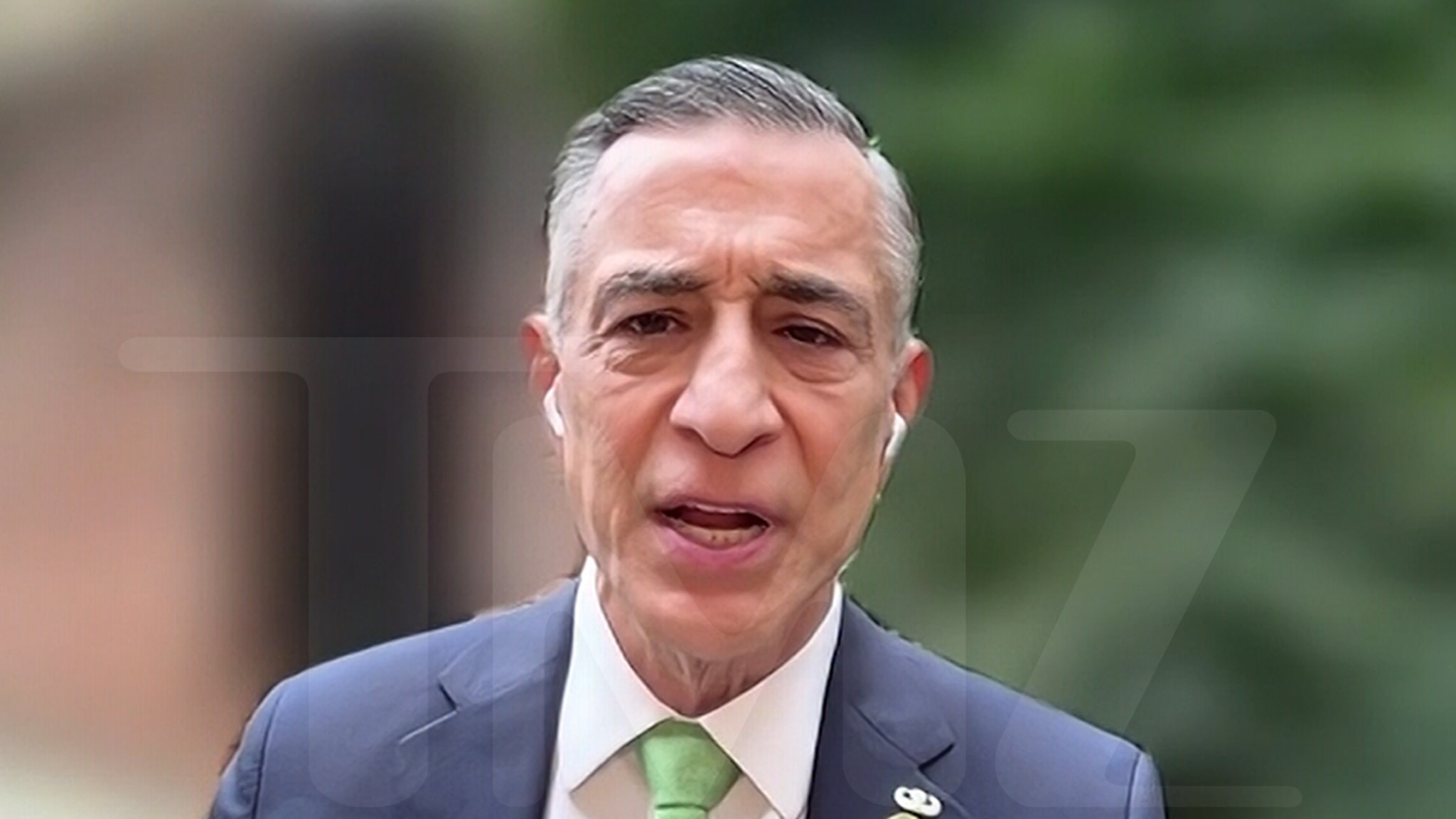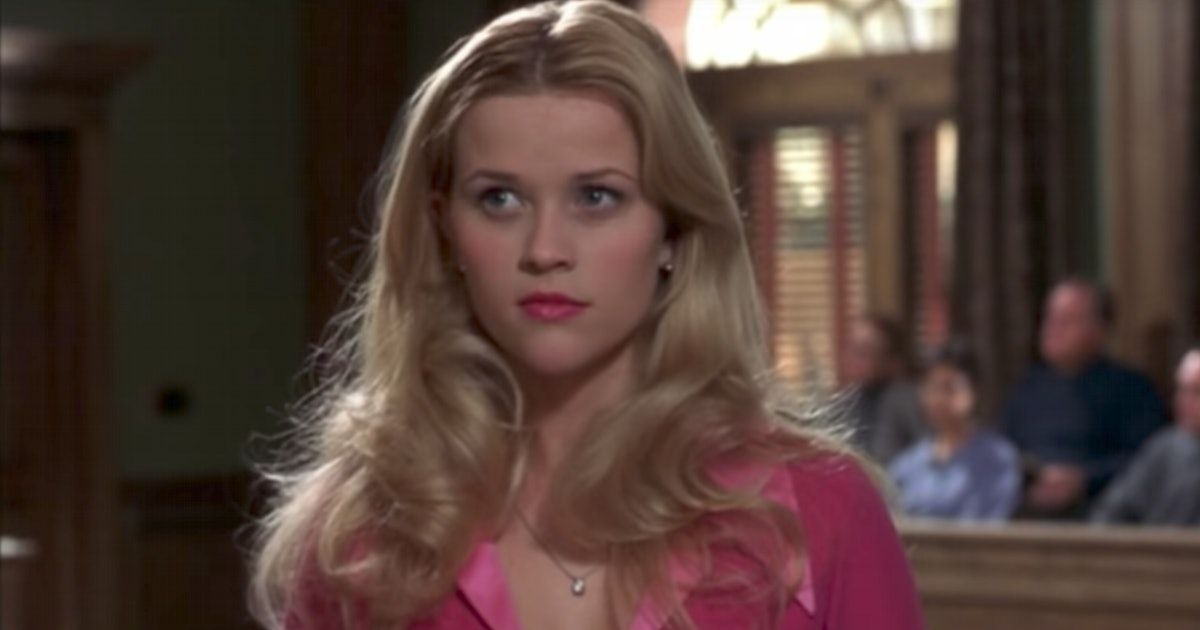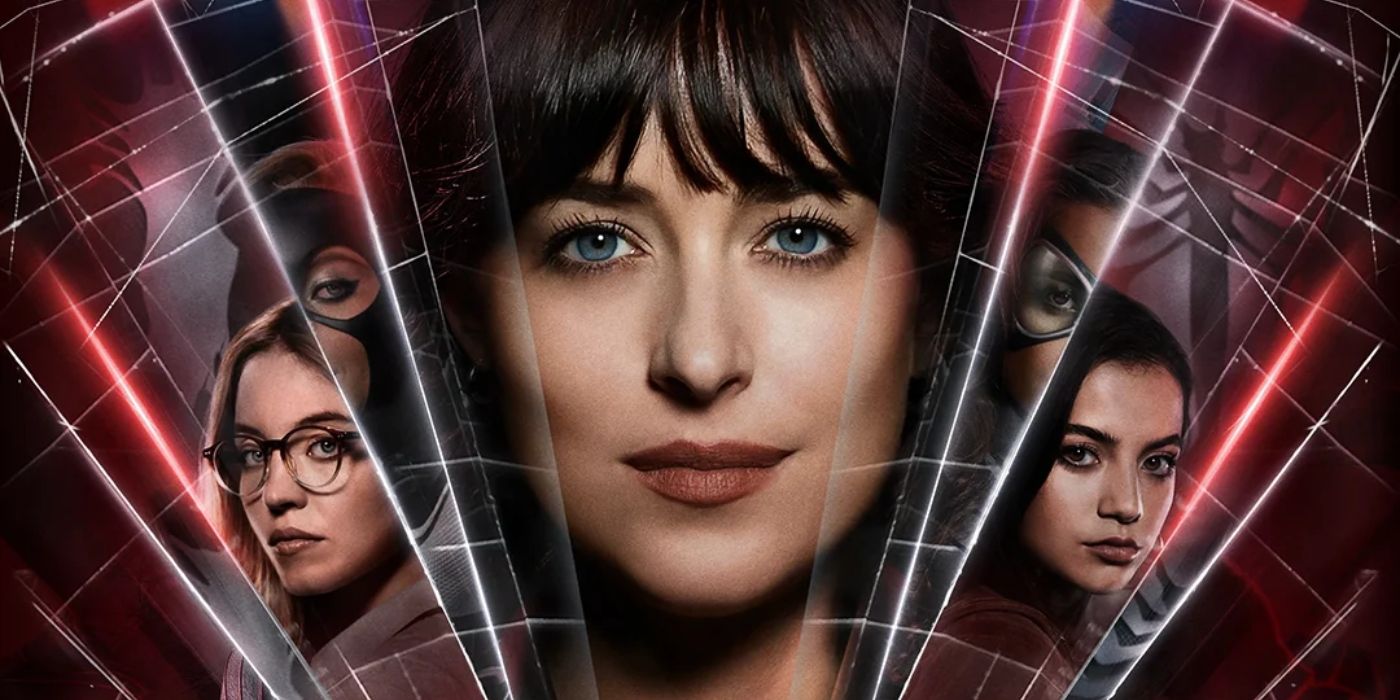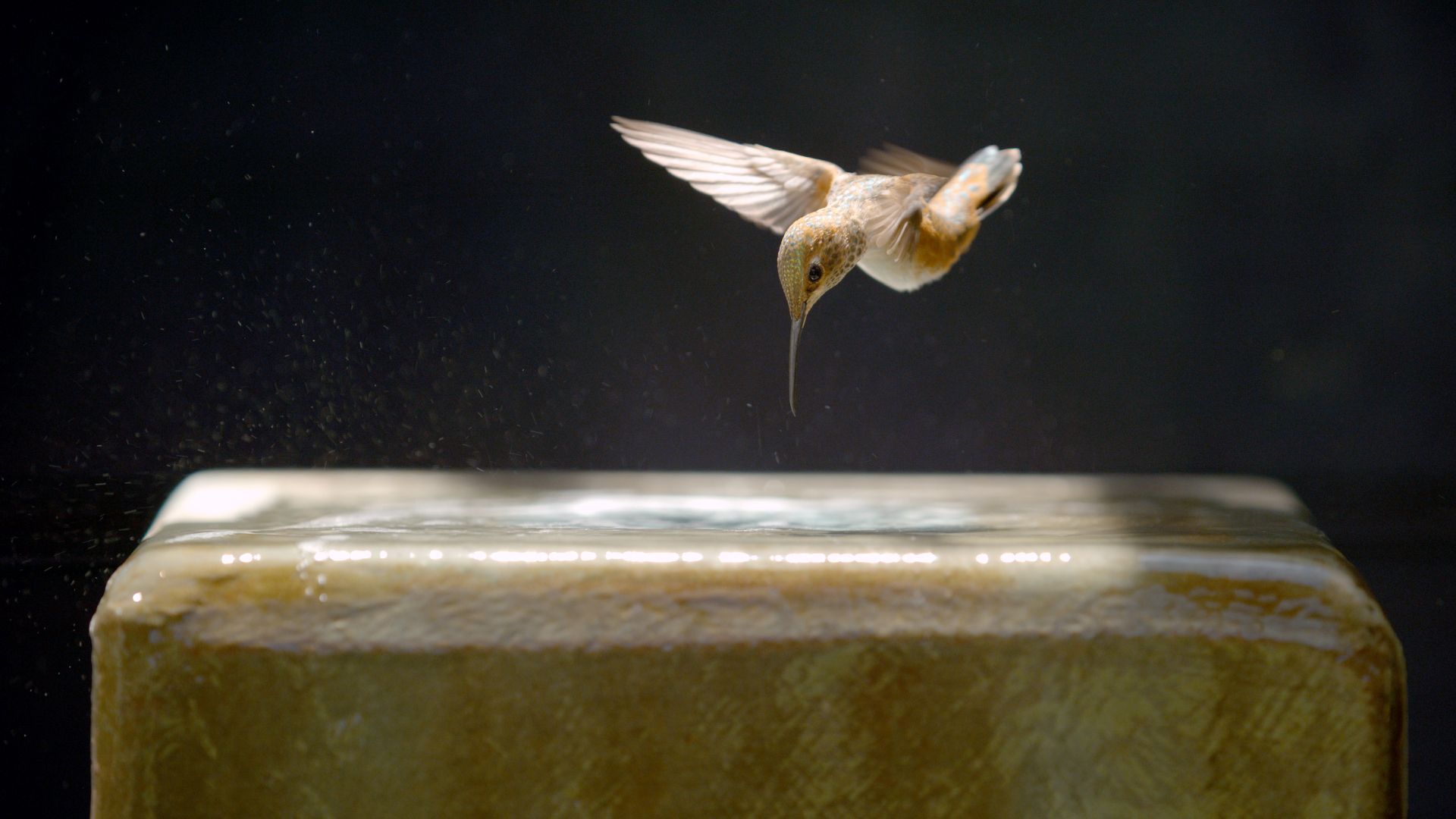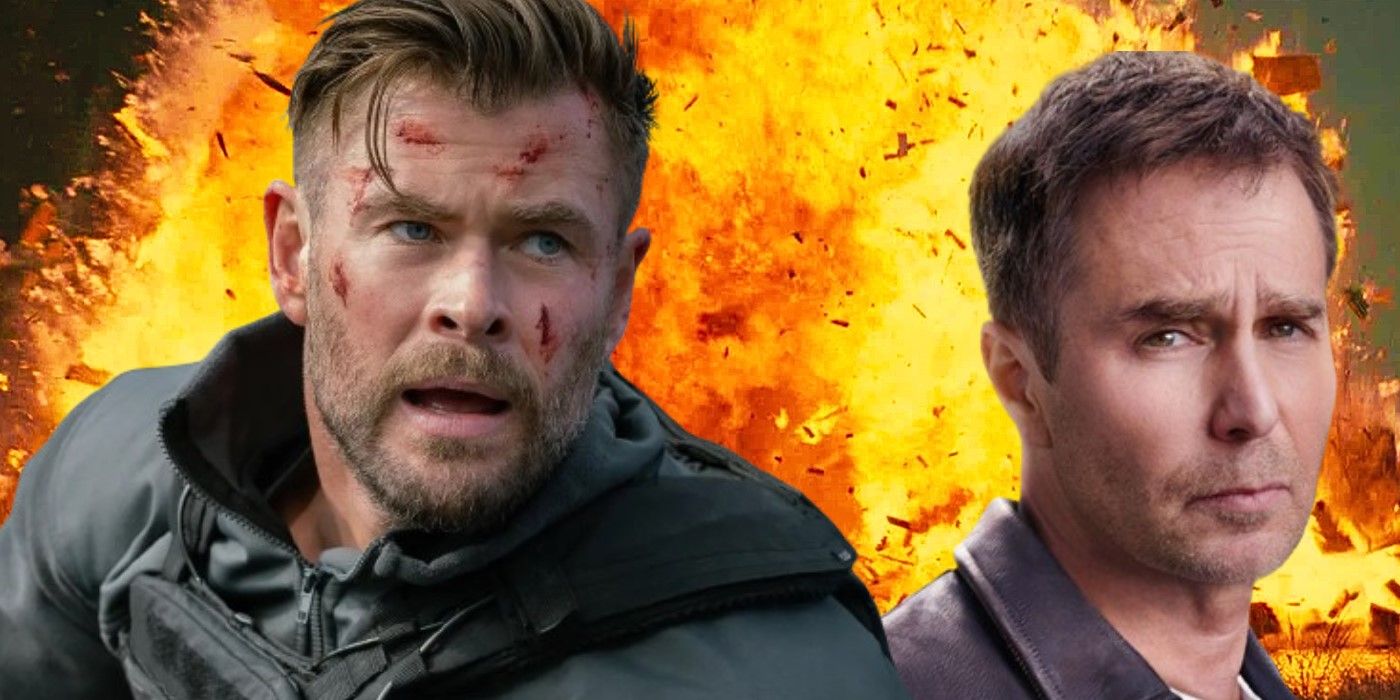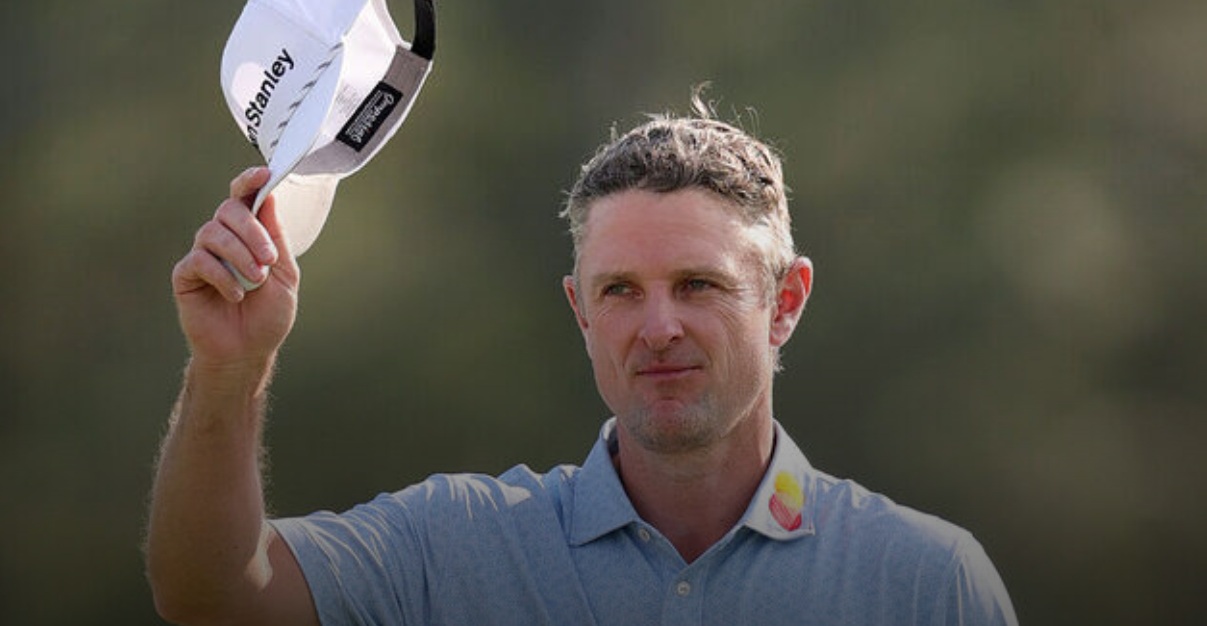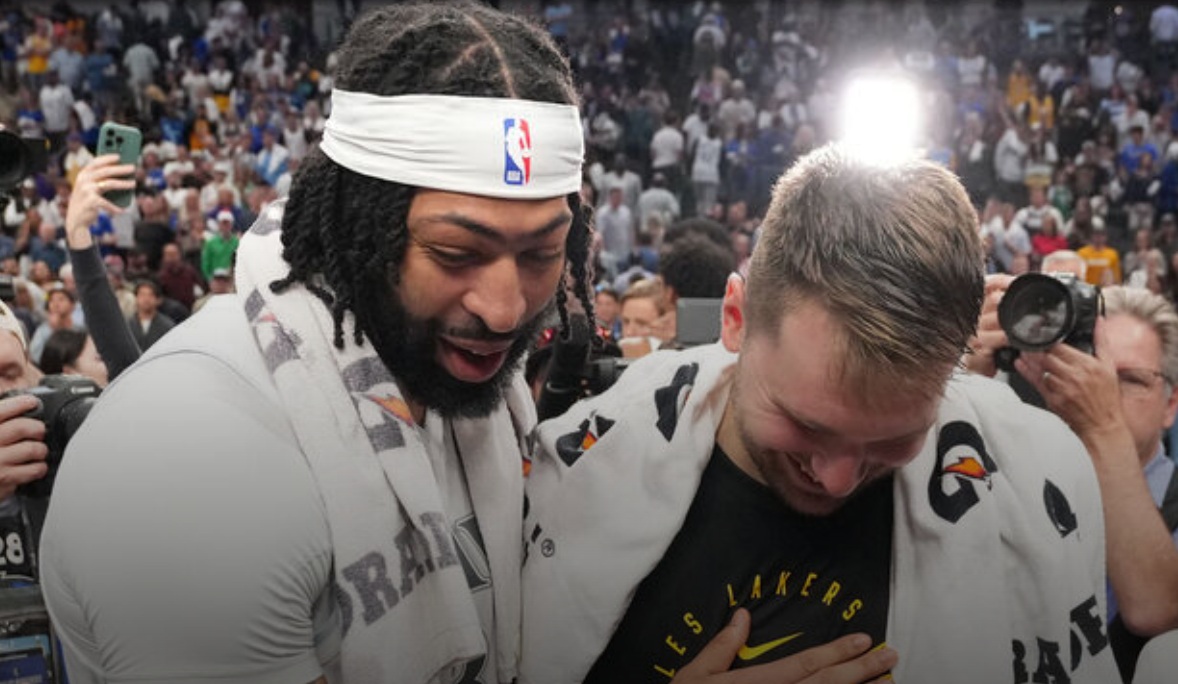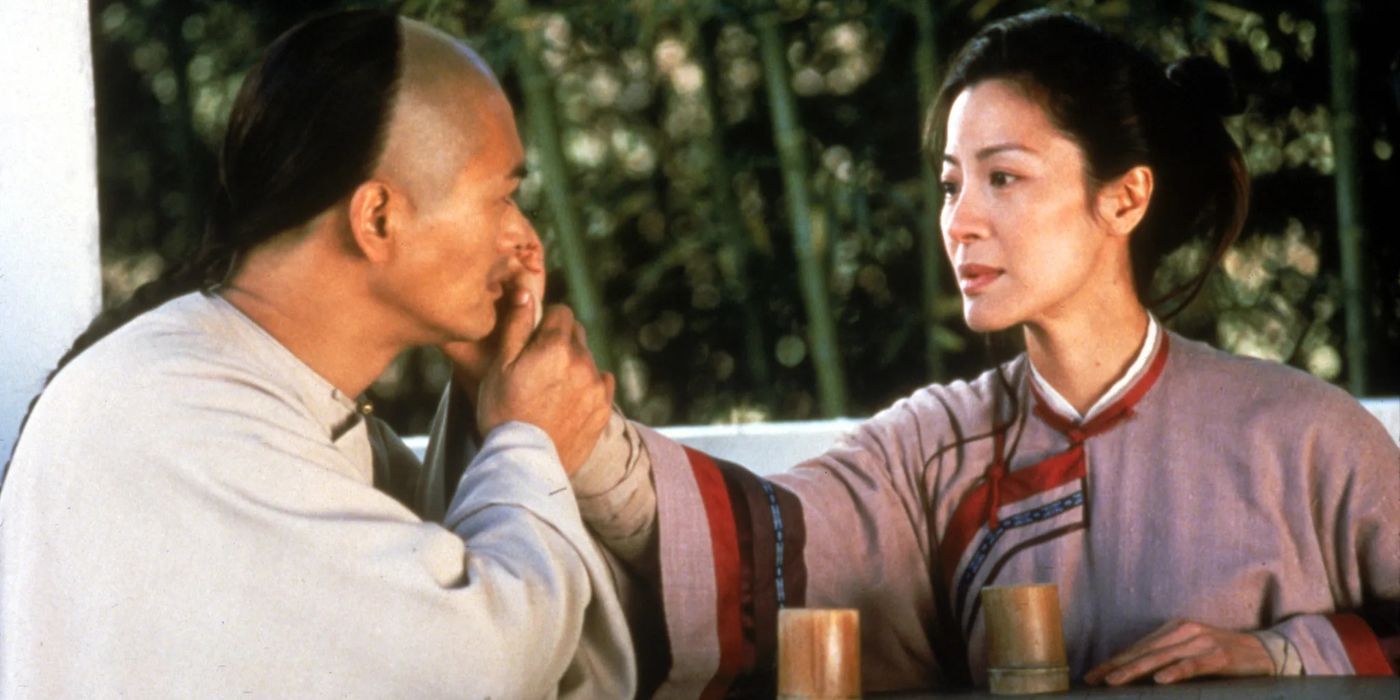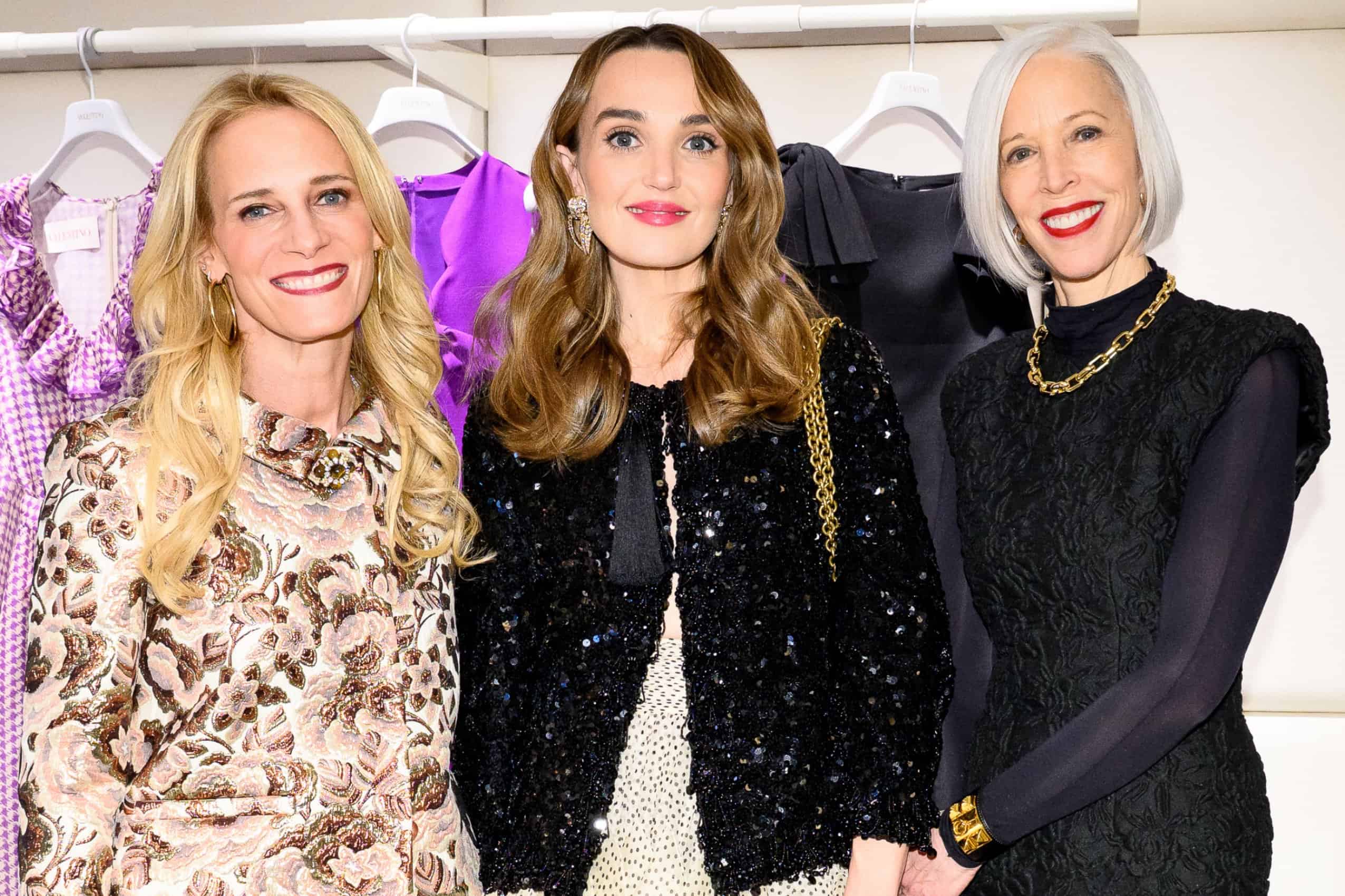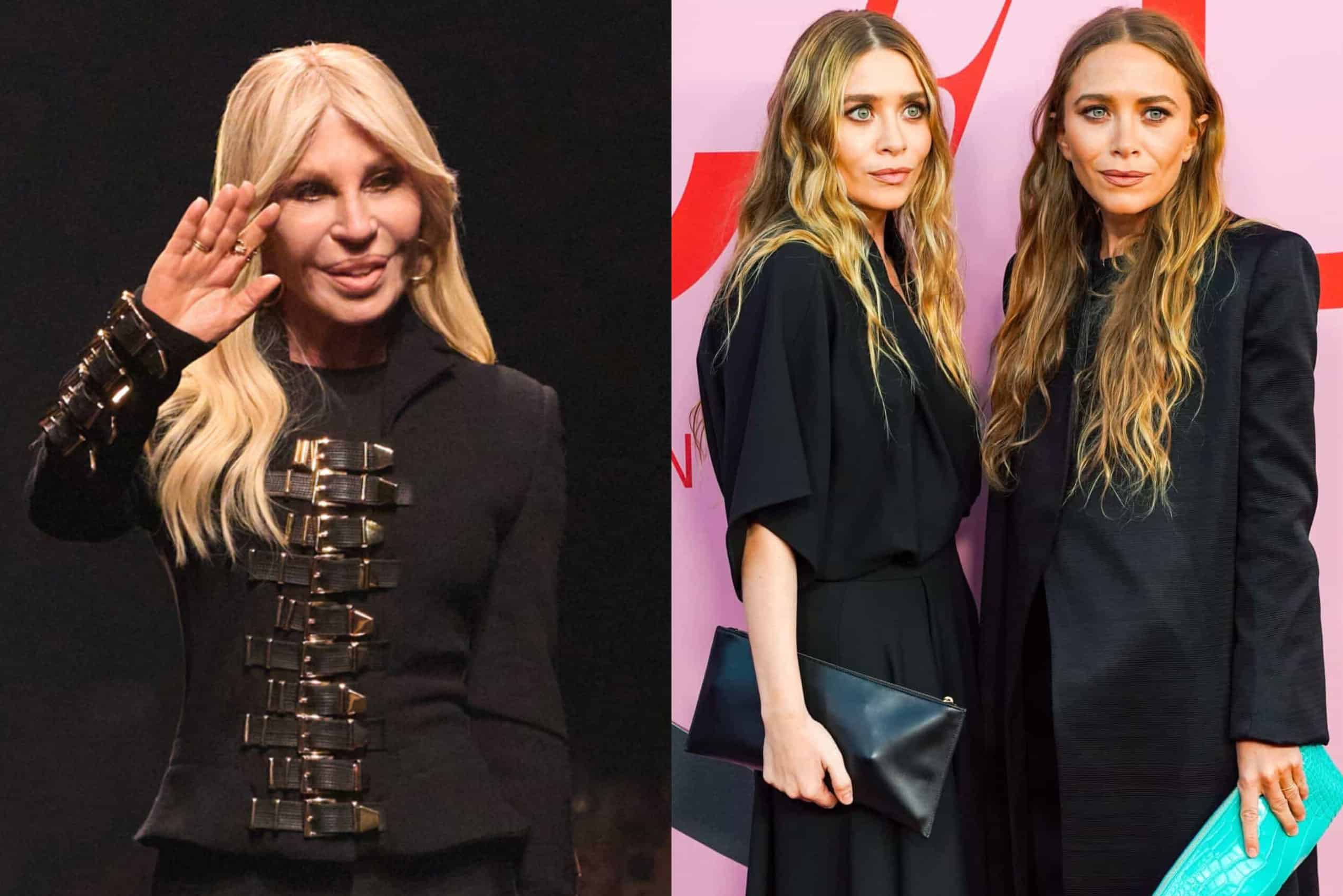The film’s setting is firmly, at times self-consciously upper-middle class, but “Together” still aims for an archetypal feeling. The characters are identified in the closing credits as “he” and “she,” and we never learn their actual names. Played with empathy and wit by James McAvoy and Sharon Horgan, they have undeniable chemistry. But political and philosophical issues come between them. He’s a working class conservative who did well for himself in film production technology and believes that Hobbes’ state of Nature weeds out the weak, while she’s a left-leaning moderate from a well-off family who believes in workers’ rights and a safety net and is an executive at a nonprofit that relocates European refugees. Just as importantly, for purposes of drama, they hate each other as much as they love each other, and admit it when they’re arguing.
Kelly and Daldry and the actors keep things visually simple, blocking the couple realistically in ordinary household locations such as a kitchen or sitting room, locking the camera down, and letting them roam within the shot or stay where they are, one going out of focus when the other dominates. Probably a third of the dialogue is delivered straight into the camera by both actors, as if we’re taking part in some kind of Skype or Zoom experiment where you get to listen to a troubled couple make the case for why the other one is the main cause of all their problems. The rest of the time Daldry adopts a third-person perspective, with the camera subtly observing what’s being said and done while the actors forget anyone is watching.
Some of the scenes are primarily comic, letting the stars banter and interrupt each other and talk over each other and make pleas and snarky asides to the camera. The more dramatic scenes are photographed “straight,” and there are times when one actor or the other effectively seizes the spotlight, as they might in a stage production, and delivers a long monologue.
Both McAvoy and Horgan get multiple shots at the latter, and the results are staggeringly good. Like some other actresses who are naturally adept at comedy, such as Christine Baranski and Alison Brie, it’s sometimes tempting to forget that Horgan is an absolute beast at straight drama. The character’s monologue about the treatment of her mother, who has contracted Covid-19 and is wasting away in an understaffed care home, is a knife in the heart, as strong as her best work on the great TV series “Catastrophe.”
You can view the original article HERE.


